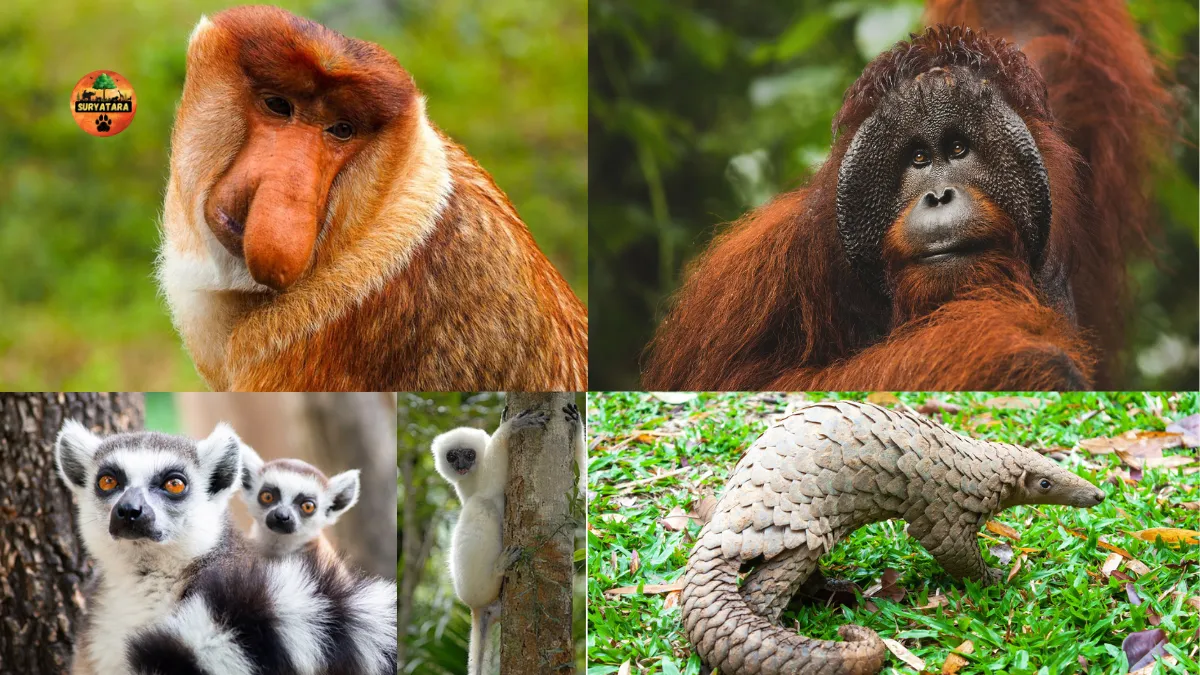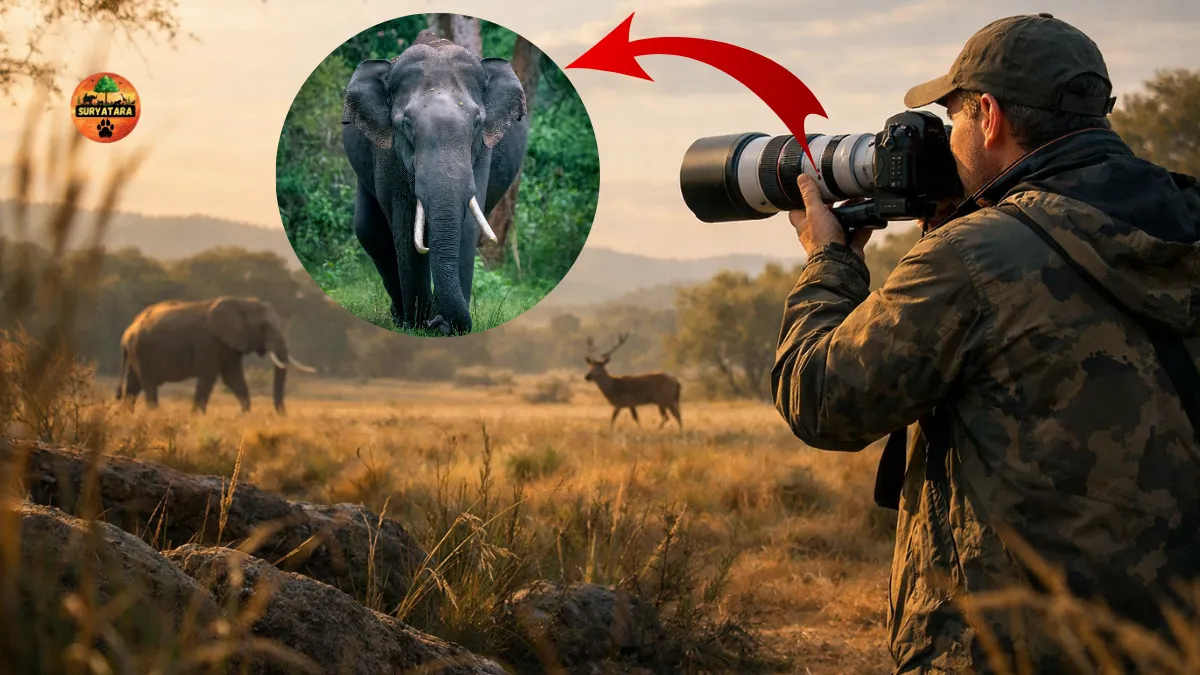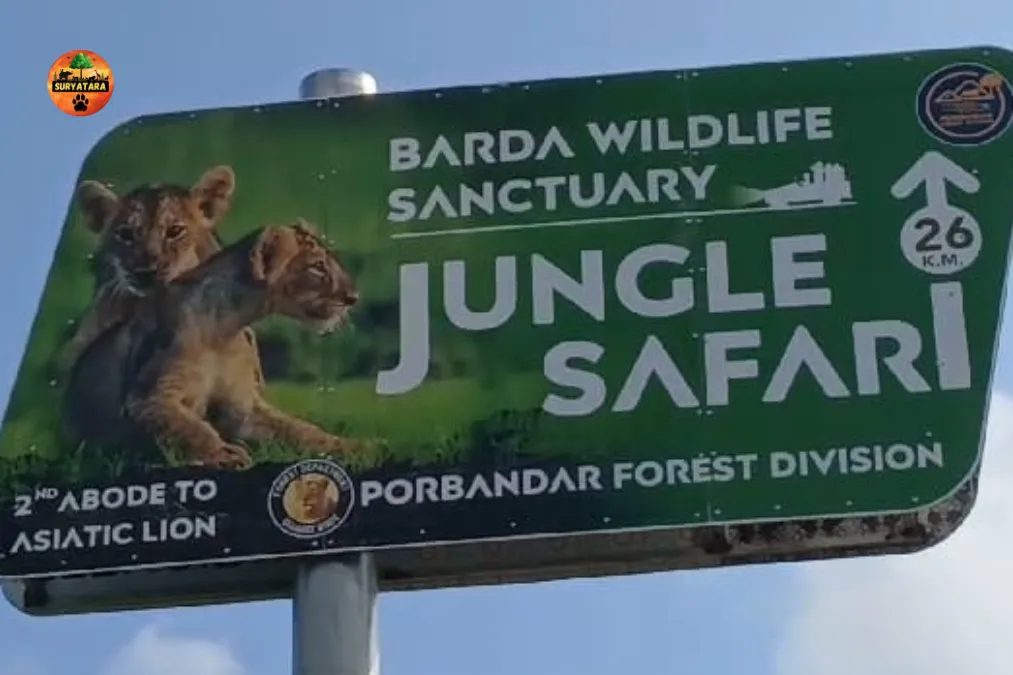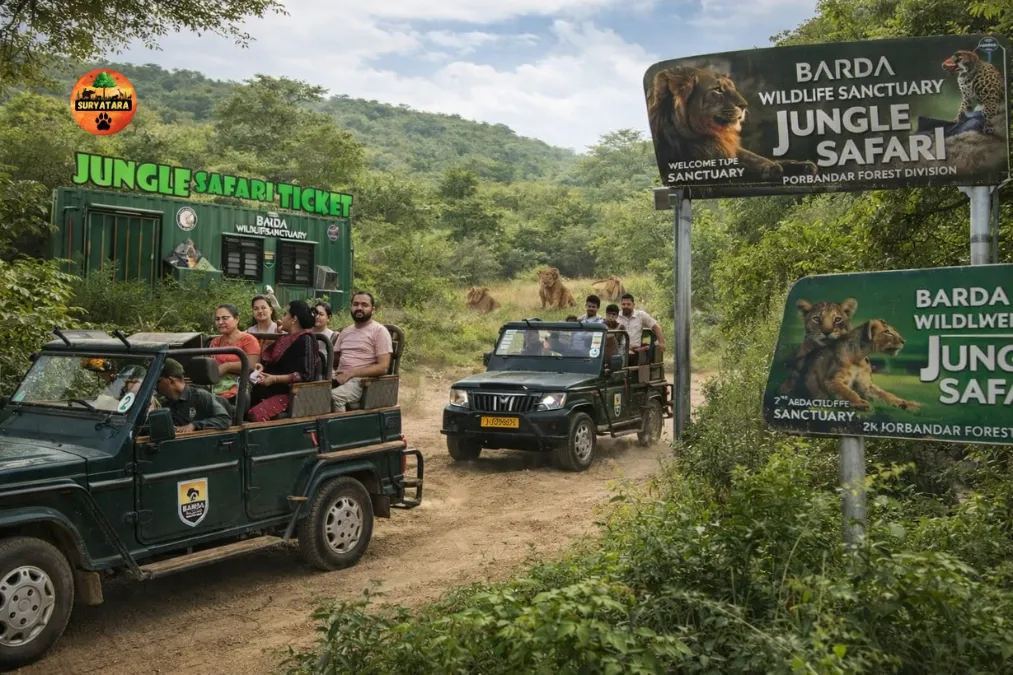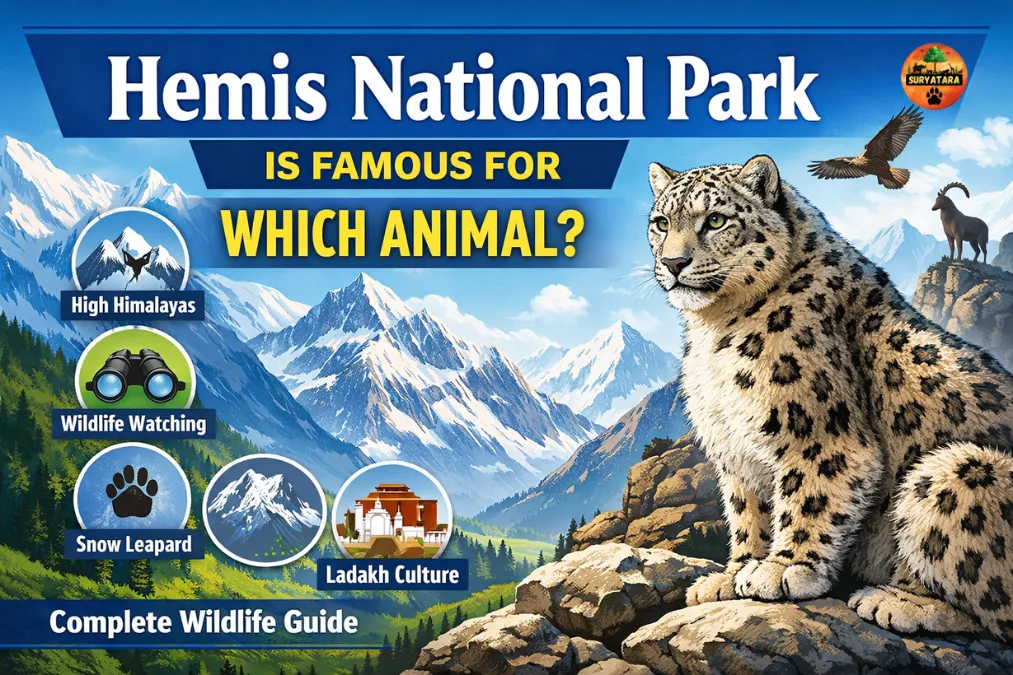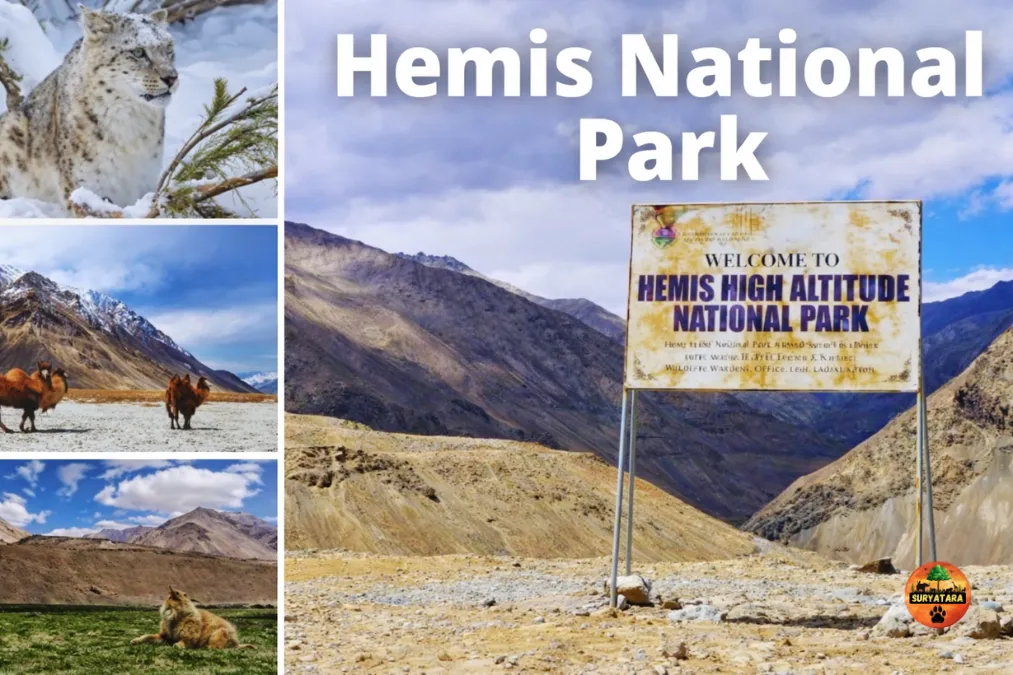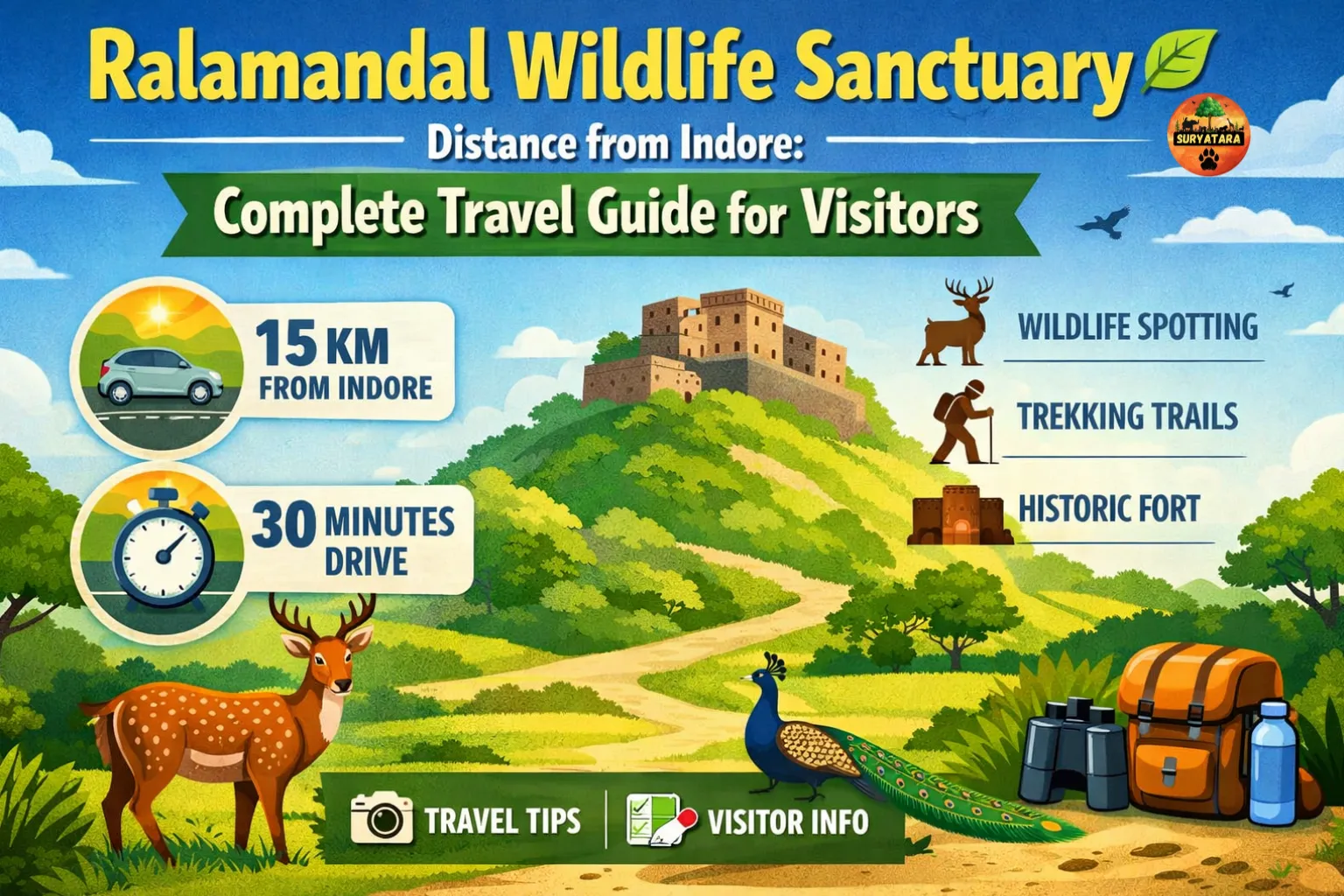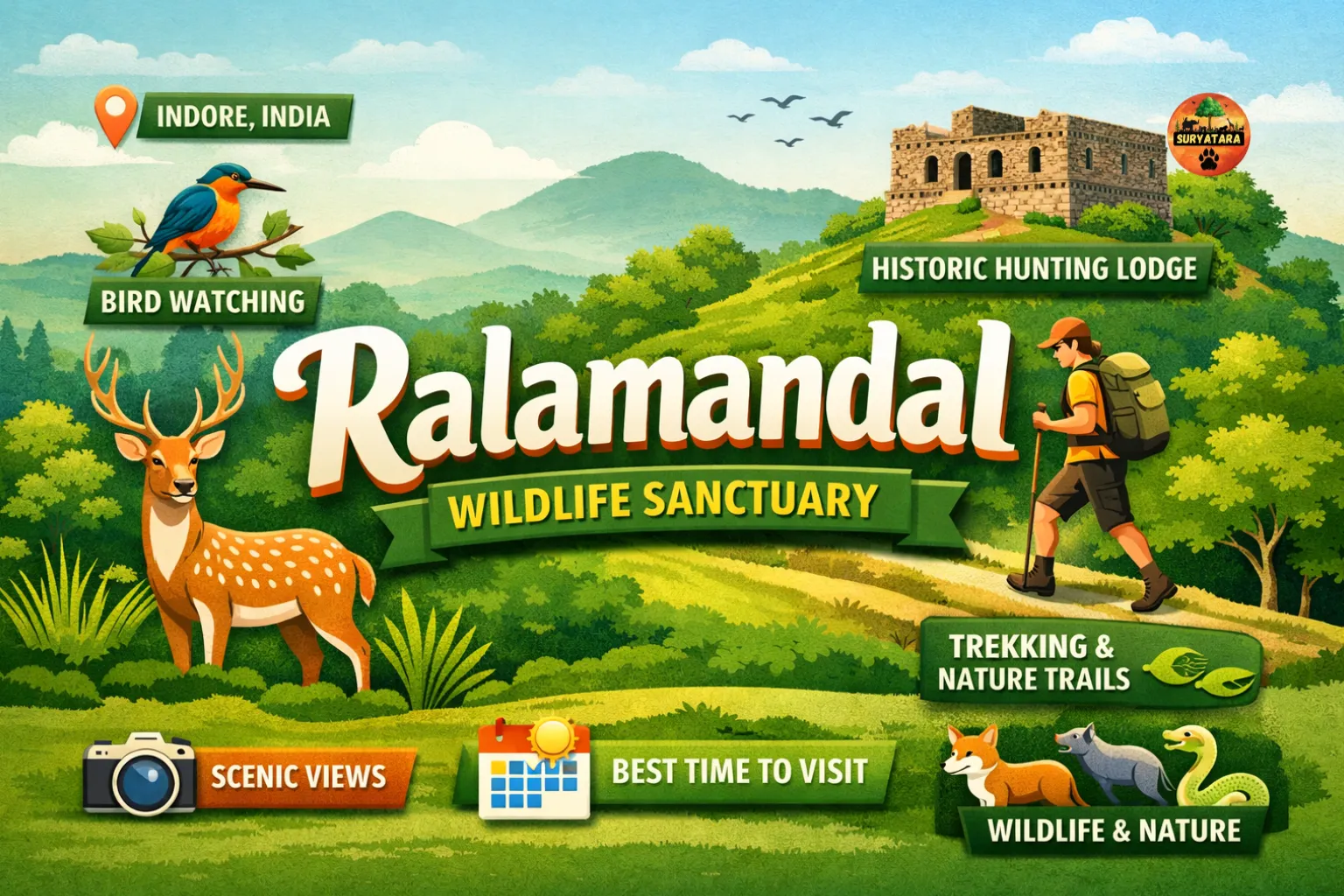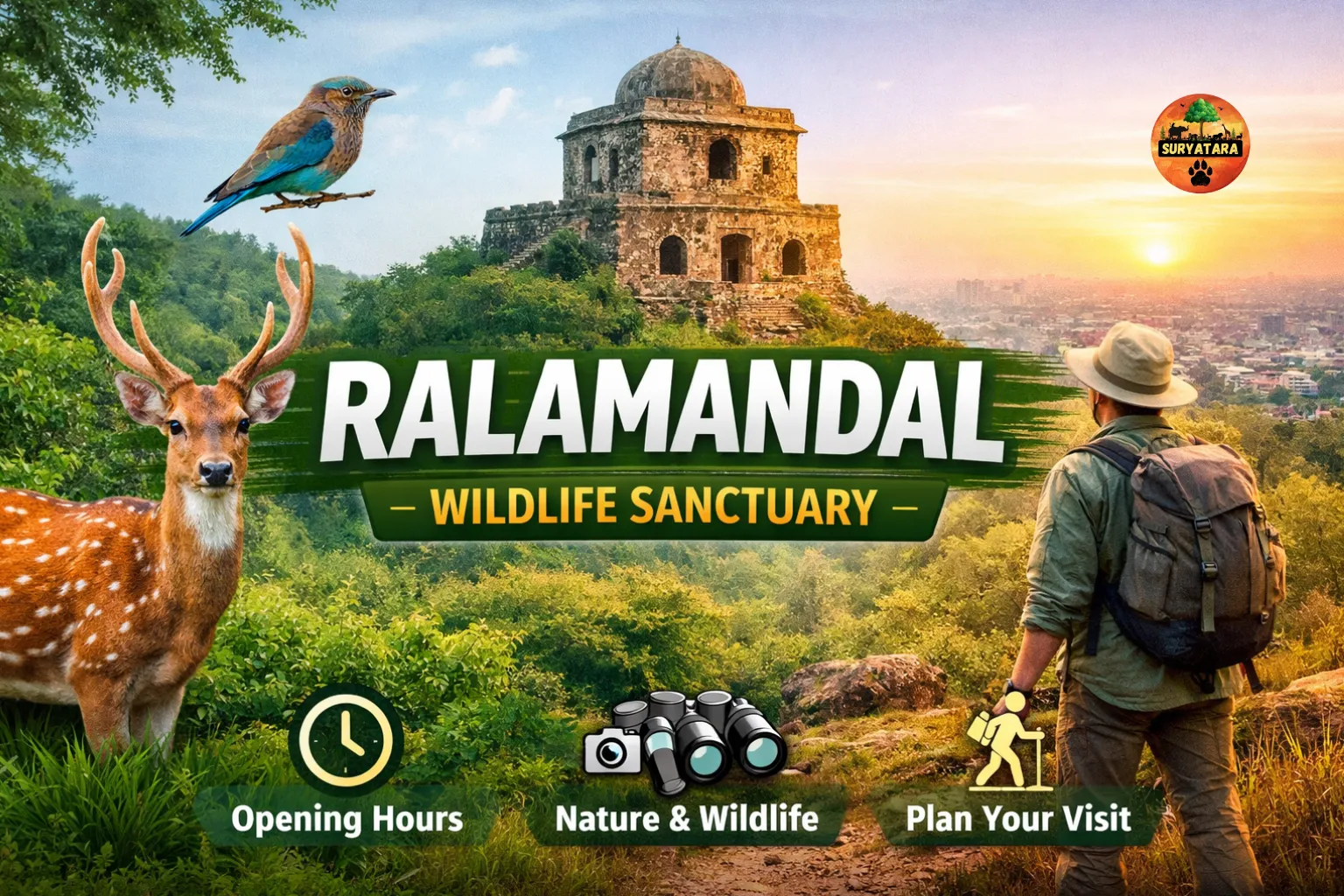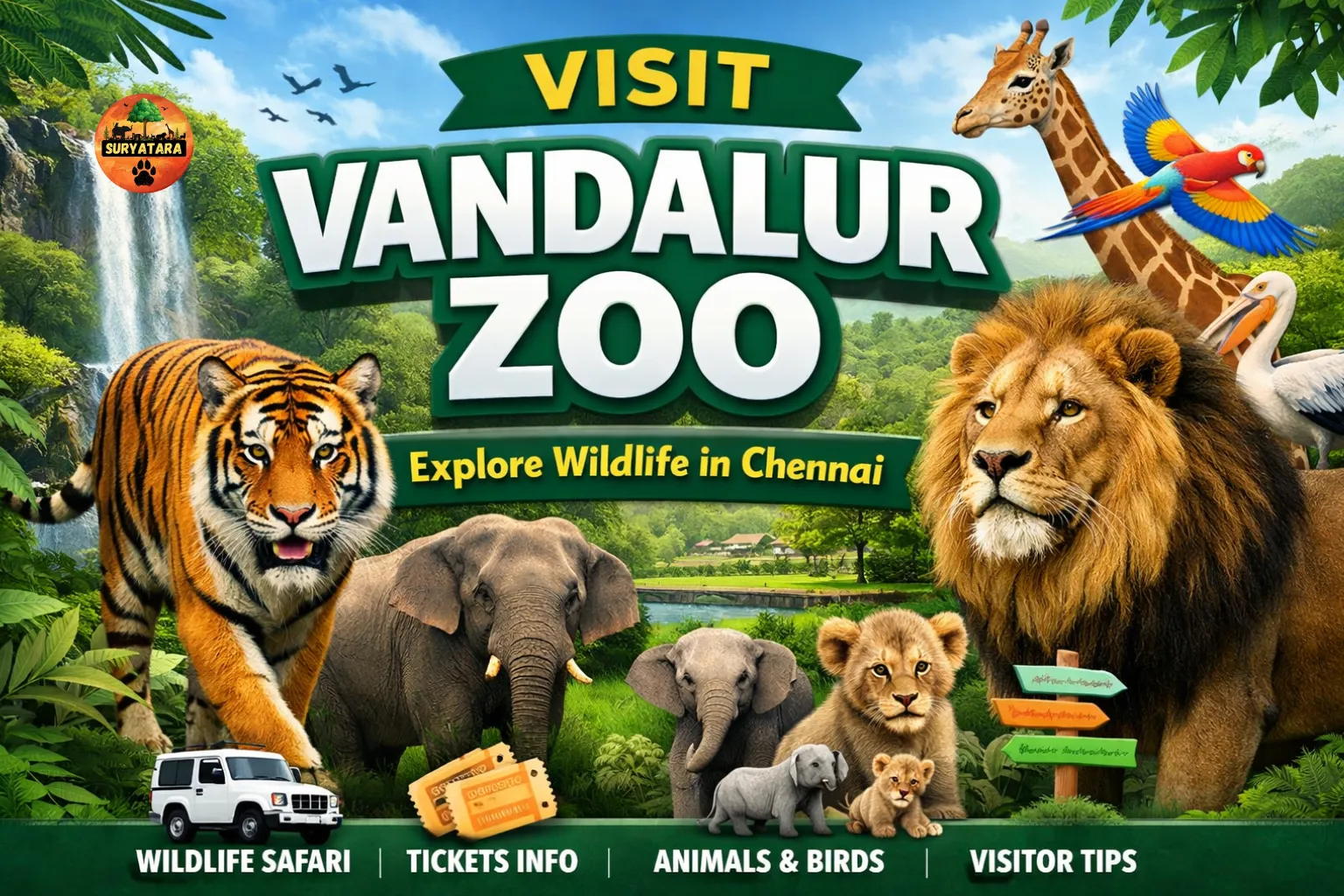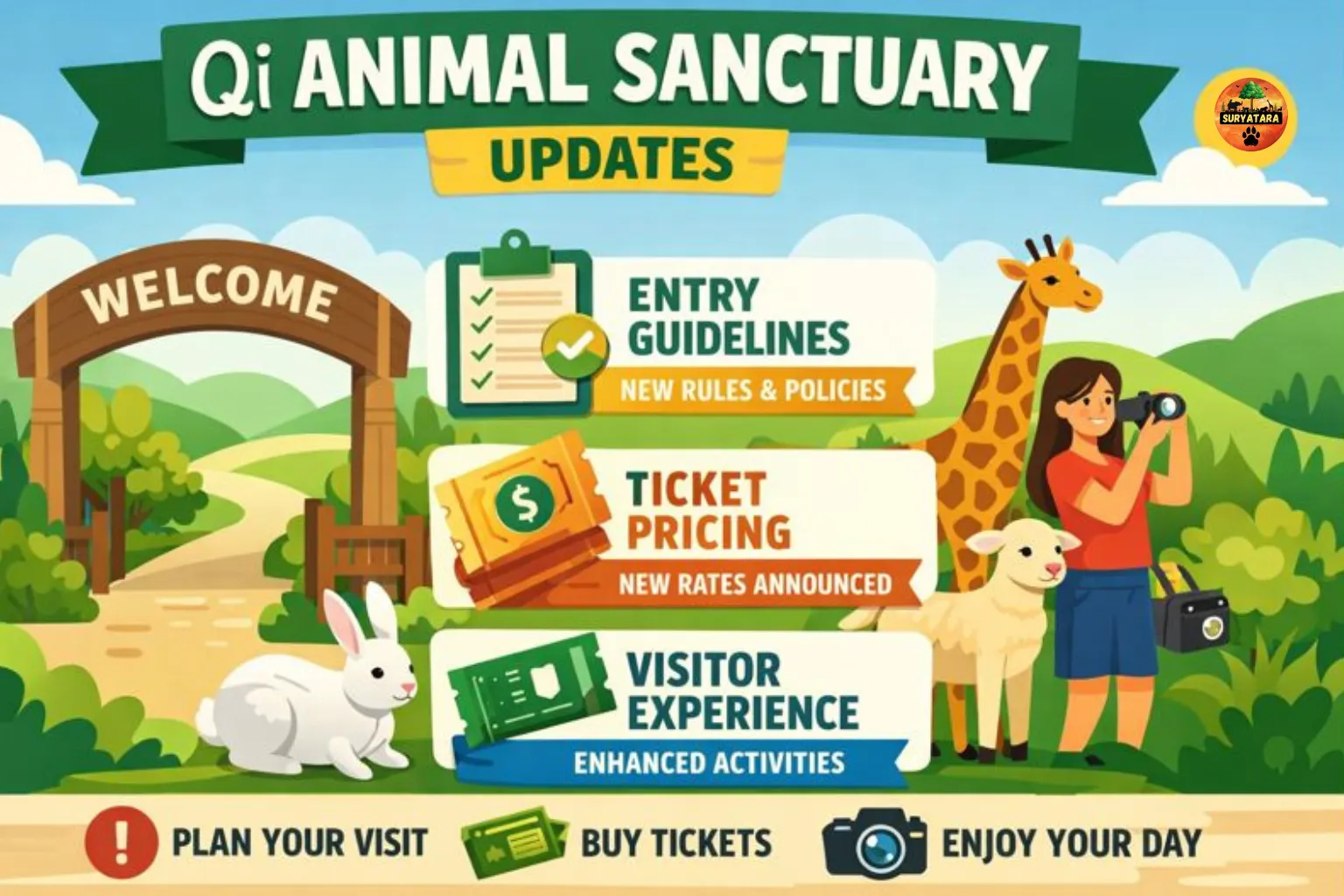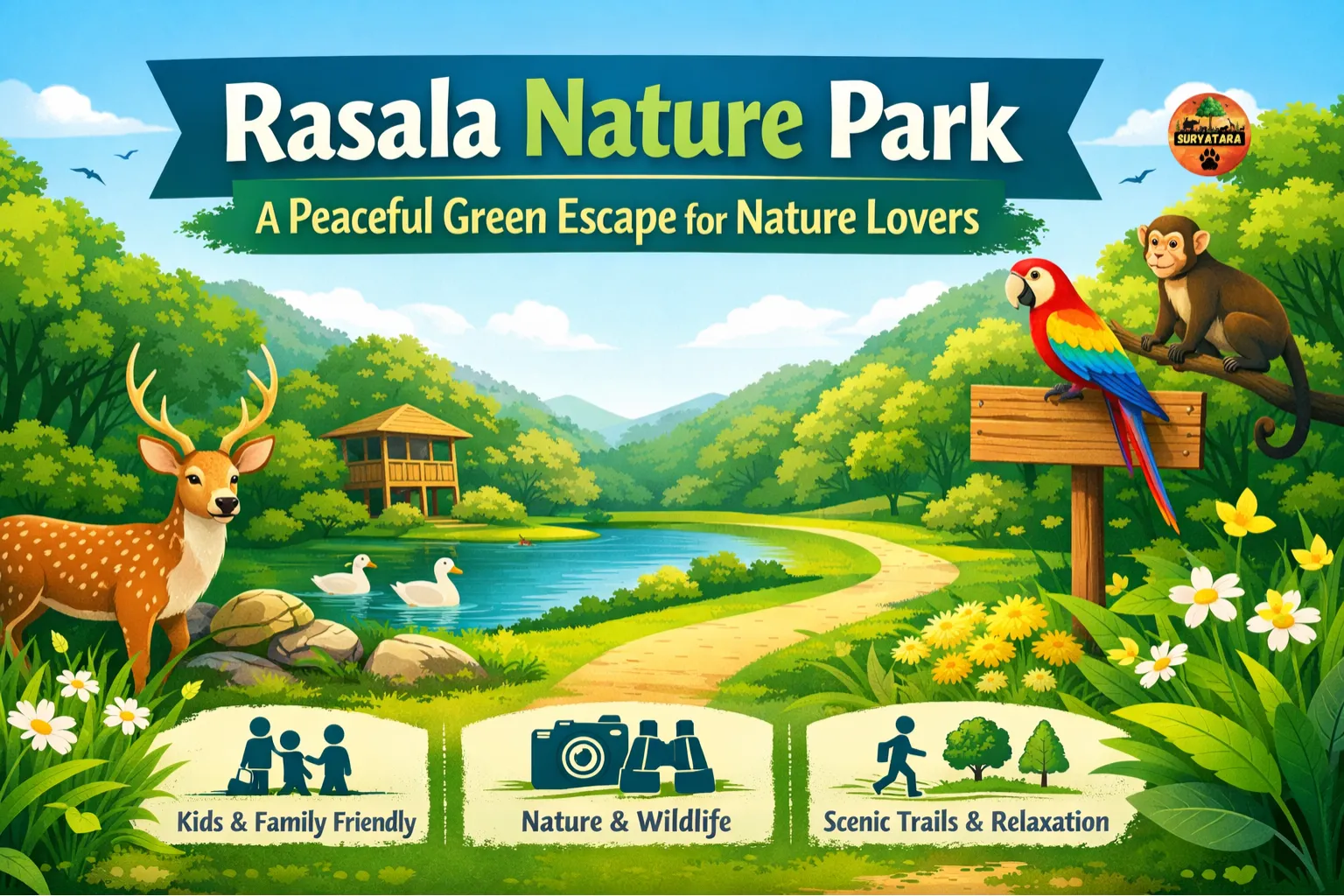Top endangered species in the world are not just rare animals; they are vital parts of our planet’s ecosystems. Each one plays a unique role in maintaining environmental balance, and their disappearance could trigger serious consequences for biodiversity and human survival. Unfortunately, due to habitat destruction, poaching, pollution, and climate change, many species are on the brink of extinction. This article explores the most threatened animals, their current population status, reasons for decline, and efforts being made to protect them.
Why Protect the Top Endangered Species in the World?
Every species has a purpose—whether it’s maintaining forest health, regulating prey populations, or sustaining marine ecosystems. When a species vanishes, it can cause a ripple effect, disrupting the entire food chain. Protecting endangered species not only saves wildlife but also ensures the survival of ecosystems that humans depend on for clean air, water, and food.
Table of Key Details for Top Endangered Species
| Species Name | Habitat | Estimated Population | Main Threats | Conservation Status* |
|---|---|---|---|---|
| Amur Leopard | Russian Far East, China | < 150 | Poaching, habitat loss | Critically Endangered |
| Sumatran Orangutan | Sumatra, Indonesia | ~14,000 | Deforestation, illegal pet trade | Critically Endangered |
| Hawksbill Turtle | Tropical oceans | 15,000–25,000 | Shell trade, fishing gear entanglement | Critically Endangered |
| Mountain Gorilla | Central Africa | ~1,100 | Poaching, disease, habitat loss | Endangered |
| Yangtze Giant Softshell Turtle | China, Vietnam | < 10 | Habitat destruction, hunting | Critically Endangered |
| Saola | Laos, Vietnam | Unknown (<100) | Poaching, habitat loss | Critically Endangered |
*According to the IUCN Red List
Top Endangered Species and Their Unique Challenges
1. Amur Leopard – The World’s Rarest Big Cat
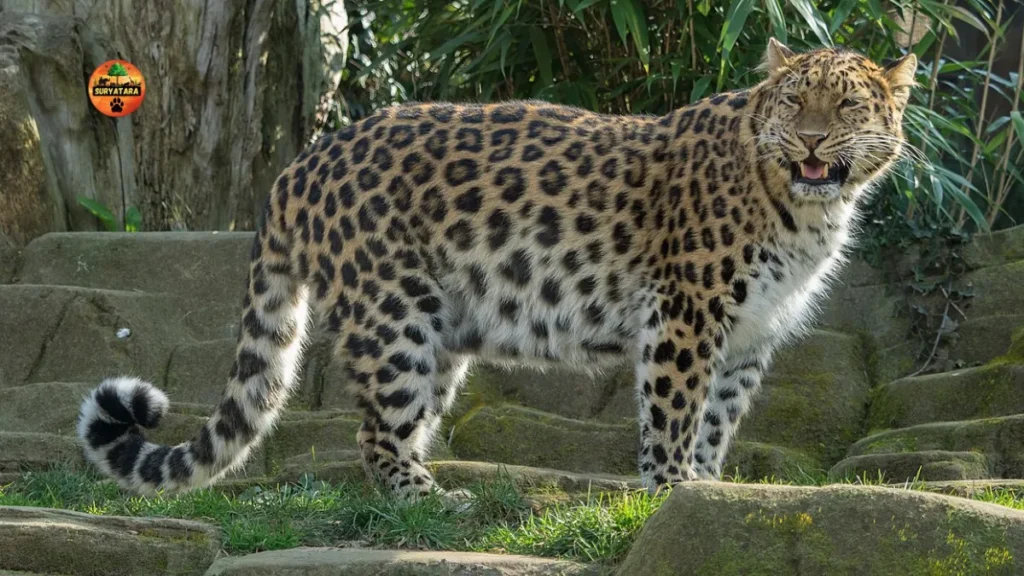
With fewer than 150 individuals left in the wild, the Amur leopard is considered the rarest big cat on Earth. Found in Russia’s Far East and northeastern China, it faces severe threats from poaching and deforestation. Conservation efforts include anti-poaching patrols and breeding programs to increase their numbers.
2. Sumatran Orangutan – The Forest Gardener
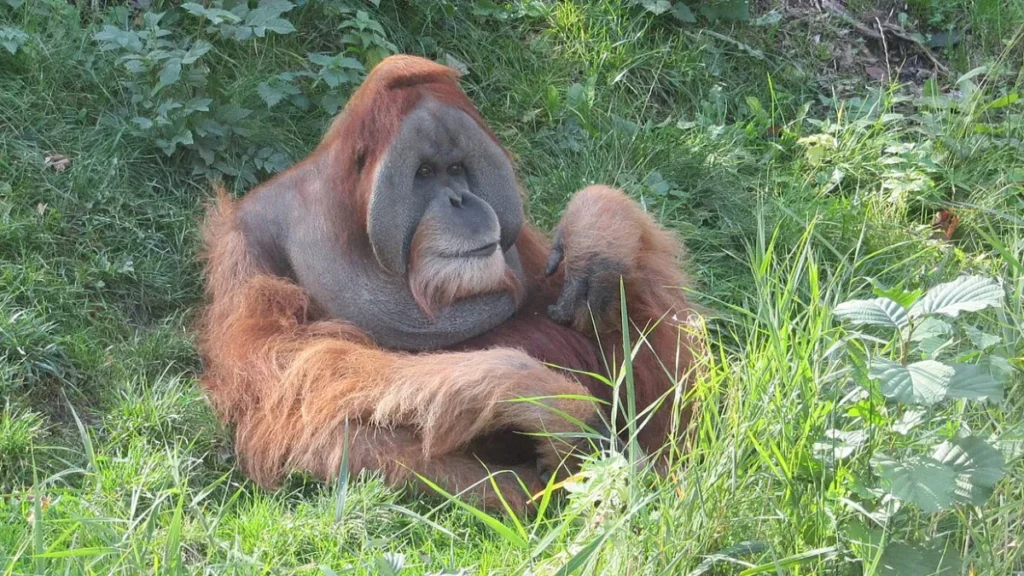
Native only to Sumatra, this great ape is crucial for seed dispersal in rainforests. Unfortunately, palm oil plantations have destroyed much of its habitat. Wildlife organizations are rescuing orphaned orangutans and rehabilitating them for release into protected forests.
3. Hawksbill Turtle – The Coral Reef Protector
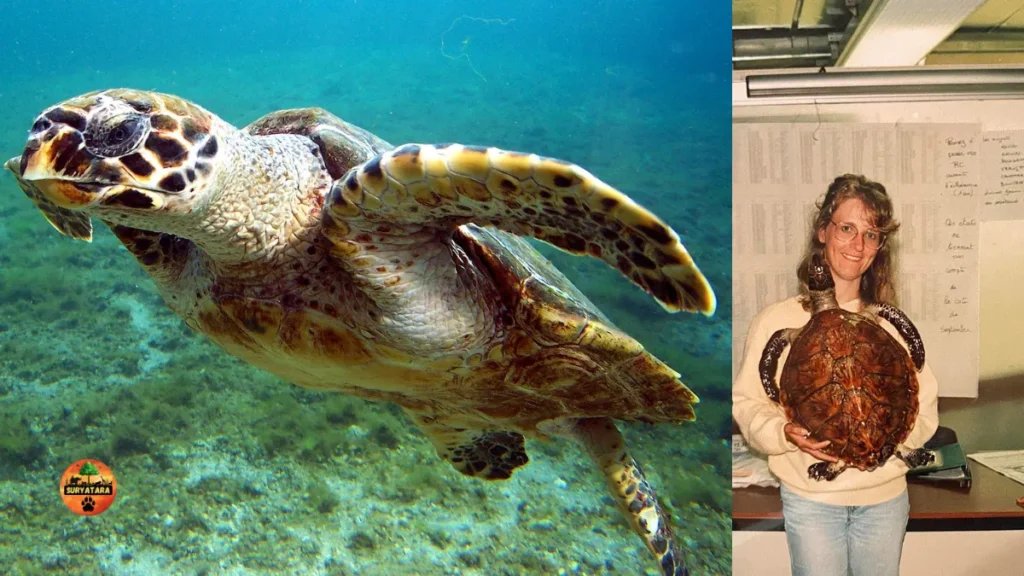
Hawksbill turtles help maintain healthy coral reefs by eating sponges that compete with corals. They are targeted for their beautiful shells, used in illegal trade. Marine protected areas and strict bans on turtle shell products are helping their slow recovery.
4. Mountain Gorilla – The Gentle Giant
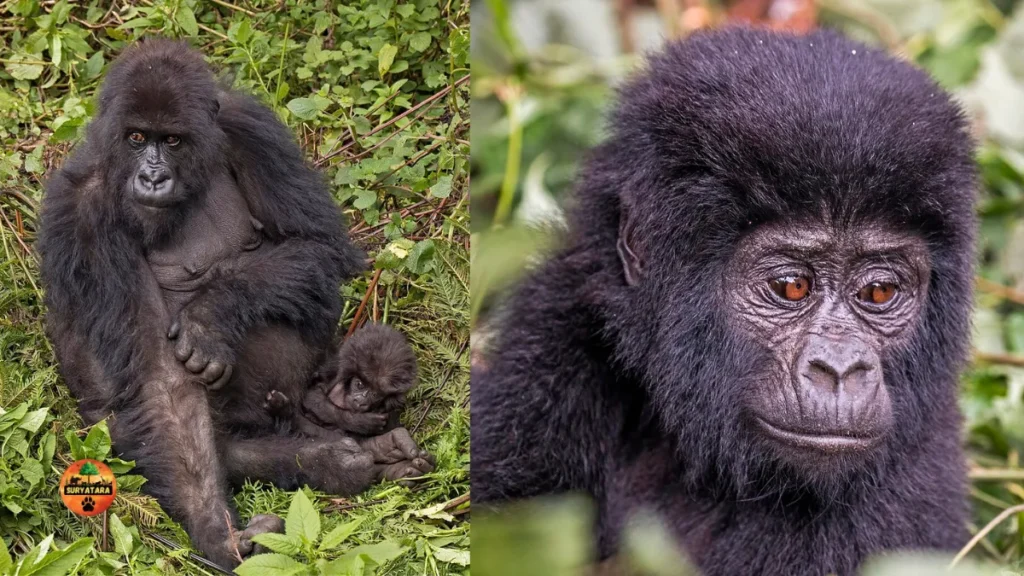
Once critically endangered, the mountain gorilla population has slightly increased thanks to ecotourism and strong conservation laws. However, disease outbreaks and political instability in their habitat still threaten their future.
5. Yangtze Giant Softshell Turtle – On the Brink of Extinction
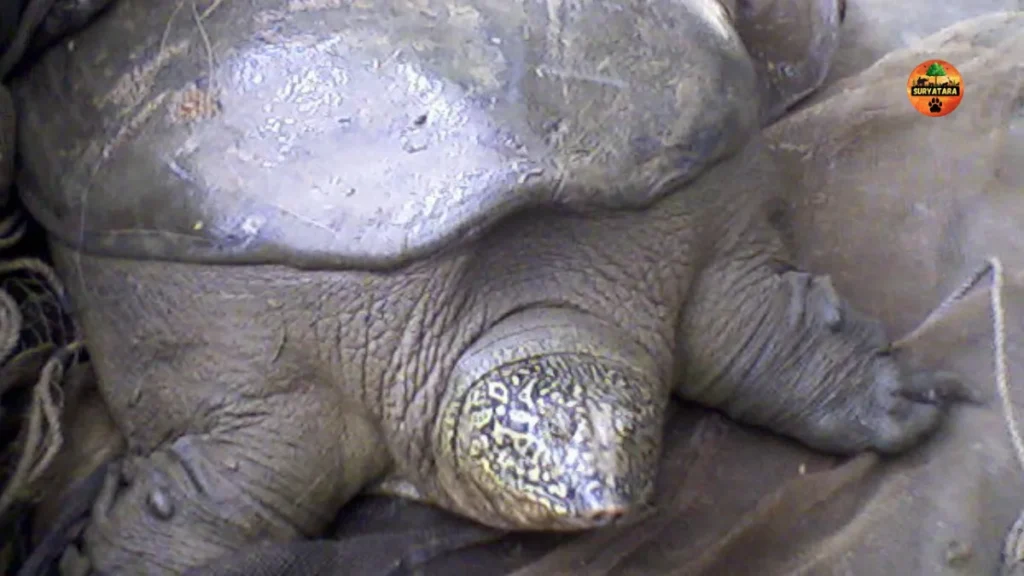
With fewer than 10 known individuals, this turtle species is one of the rarest animals alive. Conservationists are desperately trying to breed them in captivity before they vanish completely.
6. Saola – The Asian Unicorn
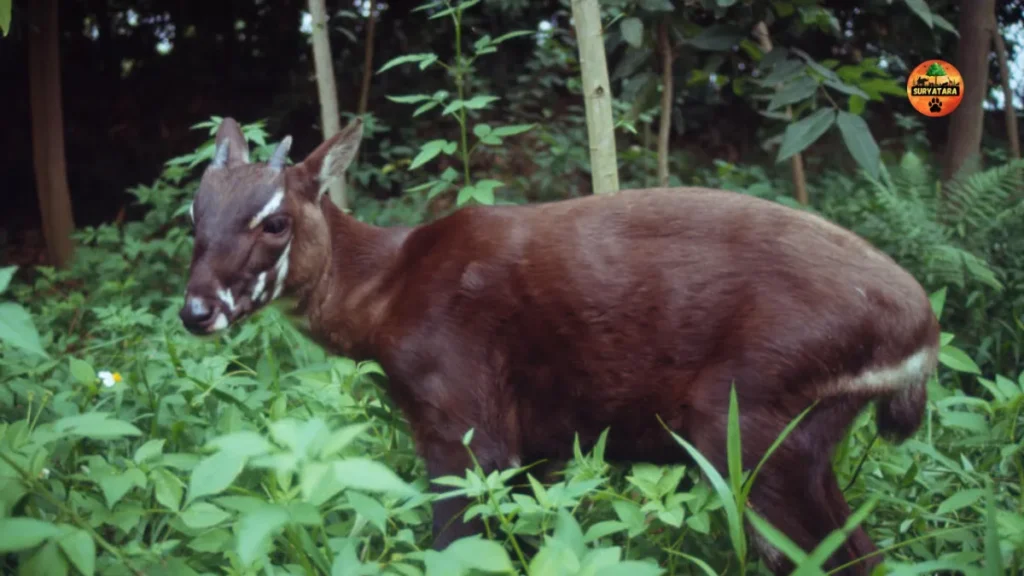
Nicknamed the “Asian unicorn” due to its rarity, the saola is seldom seen in the wild. Poaching and forest loss have made it critically endangered, and scientists are racing to establish captive breeding programs.
Also read: Best Camera Lenses for Wildlife Photography-A Complete Guide for 2025
Global Efforts to Save the Top Endangered Species in the World
- Protected Areas: National parks, wildlife sanctuaries, and marine reserves safeguard habitats.
- Anti-Poaching Measures: Increased patrolling, surveillance drones, and harsher penalties for wildlife crimes.
- Breeding and Rehabilitation: Zoos and conservation centers are breeding endangered species and reintroducing them into the wild.
- Awareness Campaigns: Education programs and documentaries inspire people to support conservation efforts.
- International Cooperation: Cross-border partnerships help protect migratory species and shared habitats.
Also read: Bagwan-A Taj Safari-Pench National Park: A Luxurious Wilderness Experience
How You Can Help Protect Endangered Species
You don’t have to be a scientist to make a difference. Here’s how you can contribute:
- Support certified wildlife charities.
- Avoid buying products made from animal parts.
- Reduce your carbon footprint to combat climate change.
- Choose sustainable palm oil products.
- Participate in eco-tourism that benefits local communities and conservation.
Also read: Luxury Jungle Resorts in India You Can Book Online
Conclusion
The top endangered species in the world represent the fragile beauty of our planet’s biodiversity. While their situation is alarming, global conservation efforts have shown that recovery is possible. If governments, organizations, and individuals work together, we can ensure that these extraordinary creatures are not lost forever. Saving them means saving ourselves—because their survival is tied to the health of our shared planet.
